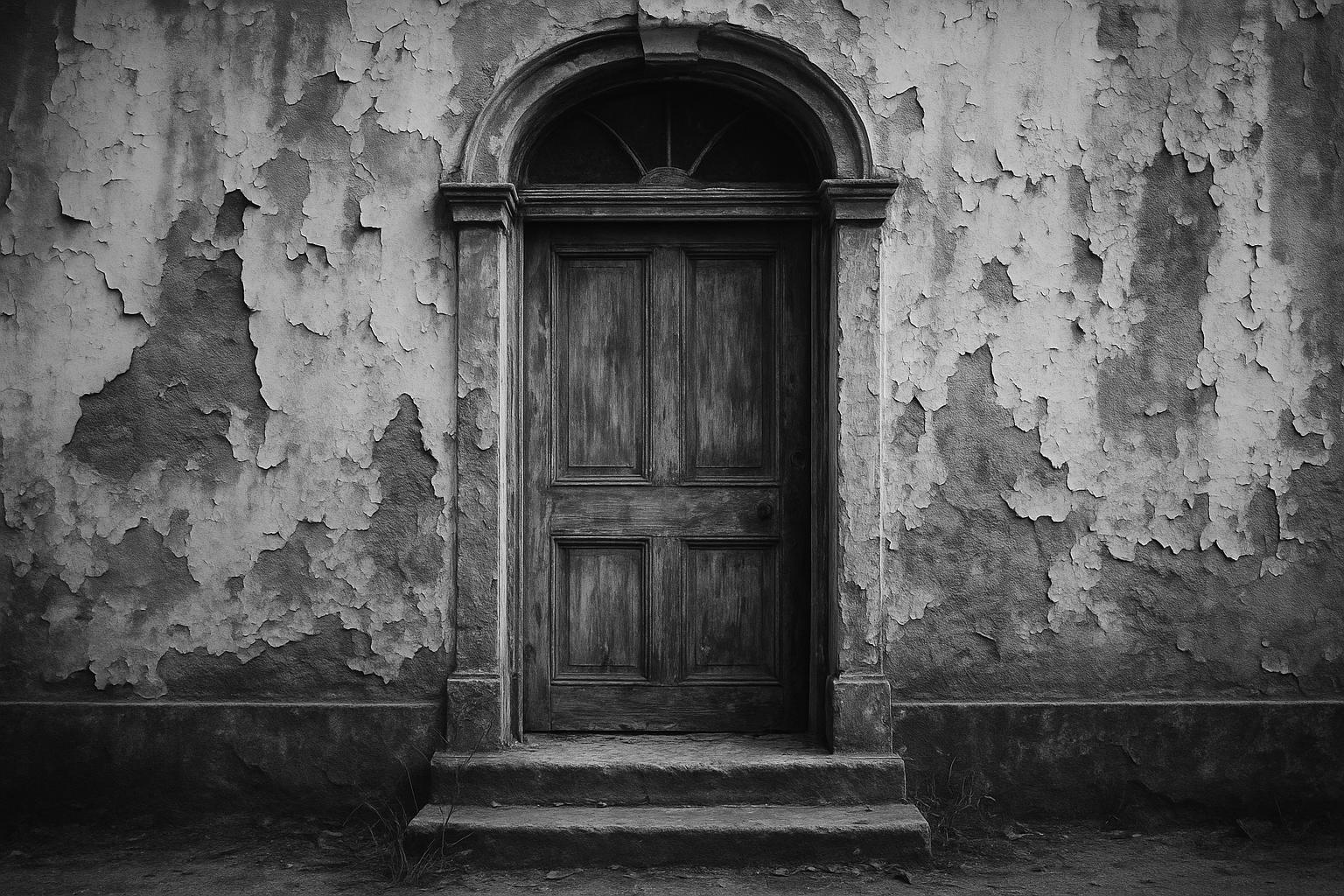The alarming plight of residents crammed into illegal houses in multiple occupation (HMOs) exposes the deep-seated failures of a system that prioritises regulation for profit over tenant safety. A recent report from a tenant living in a block of six flats lays bare a disturbing reality: two properties operating unlawfully as HMOs, each housing up to eight single adults—well beyond the legal limit of three unrelated occupants—yet still unregulated, unchecked, and left to deteriorate. The housing agency responsible has shown blatant disregard for repeated complaints, ignoring overcrowding, infestations, and filth, dismissing tenants’ concerns as mere "unproven allegations." This outright neglect reveals a regulatory environment so lax that unscrupulous landlords flout the law with impunity, while desperate tenants suffer in squalor.
This crisis isn’t isolated; it’s endemic across the UK, showcasing how stagnant policies and underfunded enforcement agencies fail to uphold basic safety standards. HMOs, as defined by regulatory frameworks, are meant to be closely monitored, regulated, and licensed—yet, enforcement remains woefully inadequate. Enforcement agencies either turn a blind eye or lack the resources to act effectively, allowing overcrowded and hazardous living conditions to persist unchecked. When tenant rights to report violations are continually undermined by local authorities plagued with resource shortages, the cycle of neglect continues unabated—and vulnerable populations are left to suffer in silence.
Recent government initiatives, such as shifting HMO valuation for council tax purposes, may appear as administrative reform, but they do little to rectify the ongoing crisis of poor management and tenant exploitation. Meanwhile, local councils limply cling to planning policies intended to control the proliferation of HMOs, often failing to curb greedy landlords seeking quick profits at tenants' expense. It’s a picture of institutional inertia, where regulatory frameworks are crafted but seldom enforced, creating a free-for-all that privileges landlords over innocent residents. This laissez-faire approach encourages exploitation—a tragedy made worse by the government’s own financial incentives that benefit landlords at the expense of tenants’ safety and dignity.
The system’s failure is glaring—landlords are rarely held accountable, and enforcement actions are inconsistent at best. Advocates point out that harsher penalties should be introduced, such as confiscation of illegal properties and requiring landlords to fund necessary repairs before regaining ownership. But without the political will or sufficient resources, such measures remain aspirations rather than realities. Civil legal routes offer some hope, with tenants successfully reclaiming rent through court actions when lodging complaints about unlicensed HMOs. Yet, these are stopgap measures at best, unable to address the root cause: decades of neglect, underfunding, and a political culture that turns a blind eye to the suffering caused by these illegal housing practices.
The ongoing presence of unsafe, unregulated HMOs highlights a systemic crisis rooted in a broader failure of governance—one driven by the desire to keep taxes low and public spending minimal. The concern isn’t just about poor housing; it’s about a political environment that dismisses the needs of the most vulnerable. The fallout is a landscape where the nation’s most marginalized continue to endure substandard living conditions, while governments and landlords hide behind bureaucratic veneer, feigning compliance while turning a blind eye to blatant violations.
It’s high time for a serious overhaul of our housing policies—one that enforces real accountability, prioritizes tenant welfare, and cracks down on illegal landlords. A failure to act now means accepting an ongoing cycle of exploitation, neglect, and social decay. The current system is painfully clear: without decisive reform, the tragedy of illegal HMOs will only deepen, widening the gap between those in safe, affordable housing and those condemned to live in unsafe squalor—an injustice that no community should tolerate.
Source: Noah Wire Services
